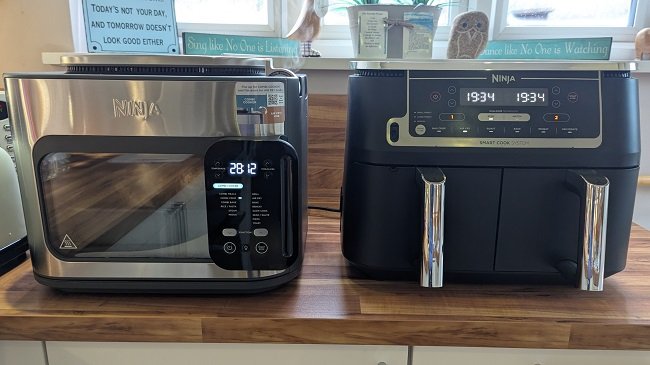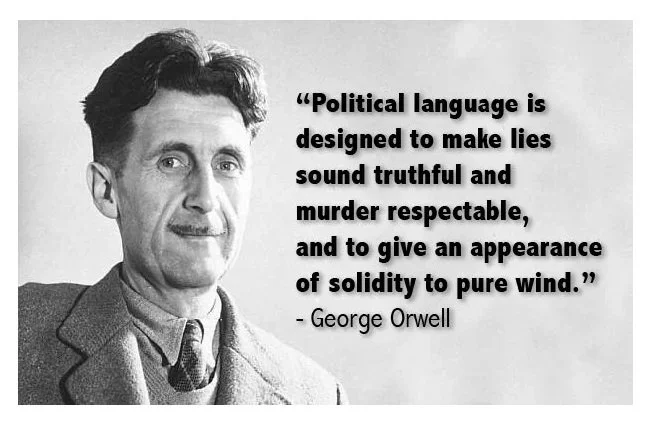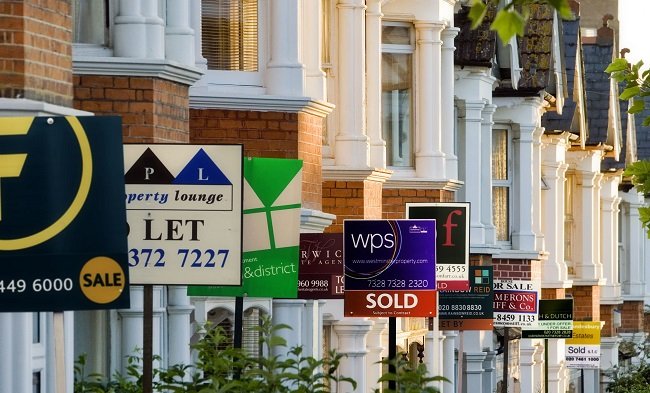The Selfie
In recent weeks, I’ve had several conversations with friends and colleagues about photos, privacy and social media. All of which have undergone significant changes during my lifetime. I was asked why there are no photos of me on my Instagram account, or on my blog or Twitter profile? Well the answer is it has never occurred to me that there needs to be any, which probably seems like a dreadfully “old fashioned” attitude to those who our half my age. Privacy is another factor. I come from a generation where people by default, would address anyone they didn’t know formally as Mr or Mrs [insert surname here]. You didn’t call someone by their first name until you were invited to do (Despite being given permission to do so, I still call my relatives “Aunty” or “Uncle” instead of by their names). I’m also inherently distrusting of giving too much information away and still bear in mind the old adage that “familiarity breeds contempt”.
As for my attitude towards photos and especially “the selfie”, that’s been shaped by the decades I grew up in. As a child in seventies Britain, photographs were mainly the province of family gatherings, day trips and holidays. Although cameras weren’t that expensive and were fast becoming common place, the development process carried out by your local pharmacist didn’t foster that sense of immediacy and intimacy that smartphones now provide. Photos were orchestrated; an awkward and embarrassing social convention that we felt obliged to observe. They were then placed in albums and viewed during moments of introspection. Occasionally, those that were deemed of enough merit were framed. As for those awful people who had their holiday snaps of Sorrento converted into slides, which they then subsequently inflicted upon unlucky guests along with cheese and wine, well they were social pariahs.
Similarly, I took lots of photos of my own family when my son was growing up. Again, these were often stilted and of poor quality. However, by now we had entered the digital age. The main virtue of this technology is the ability to take “lots” of pictures. By the law of averages, some have to be adequate. But once your children reach a certain age and suddenly become physically allergic to their parents, then the family photos tend to stop. And so, it did with our son. Ironically, this is also about the same time he got his own phone and started copiously documenting his own life because by then it had become a social norm among his peers. Roll on another decade and he’s now a parent and has his own family. To this day, I am still amazed at the volume of data, photos and videos that he, his partner and their social group share. Furthermore, they’re also really laid back about notions of privacy and such like and so I find myself following a bunch of people half my age on Instagram and Facebook, being regaled on a daily basis about their holidays, tumultuous love lives and cosmetic surgery.
I recently visited Lyndhurst in the New Forest to see family. Mrs Peril and I (this is the designated name I’m authorised to use with reference to her. See again it’s all about maintaining privacy) stayed in a nice country hotel and I took a few pictures which I then tweeted. The point of the pictures where to highlight the hotel. From my own perspective adding myself into the frame, striking an exotic pose wouldn’t really add any value. If I were on holiday in Tuscany, viewing the historical remains of Etruscan culture, again I wouldn’t consider adding myself into the picture because I am not the subject matter. I certainly don’t need for myself to be in any holiday photo to verify that I was actually there and to make it more “real”. At the age of fifty, I’ve not yet visited anywhere via astral projection and tend to do my travelling in the traditional manner. As I tend to vacation with others, I usually have a reliable witness who can vouch for the fact that I did visit Clappersgate, should I suffer a head trauma or memory loss.
Now one of the commonest points that always comes out of conversations about “selfies”, is “don’t you like how you look”, or “are you worried people will think you a bit of a munter” or something to that effect. Well sorry to disappoint you Doctor Decker but I’m quite comfortable about my personal appearance. Am I an oil painting? No. Have I got a face like a smacked arse? No. Am I unhappy about myself in some psychological way? No. Could I do something to improve my appearance? Very possibly, but as I no longer have deal with clients, or play the dating and mating game, having a makeover isn’t my highest priority at present. As I haven’t recently been asked to appear in a Dickensian Freak Show, I suspect I am broadly acceptable to the wider public. Plus, what bearing do my looks have on my writing? Also, the moment you publish a “selfie” online, regardless of looks, you are handing ammunition to the online hate police and union of internet crazy people. Don’t fashion a stick and then hand it to others to beat you with.
So despite not indulging in the practise myself, I am still very intrigued by the rise of the "Selfie". Is it indicative in a major shift in our culture and collective psyche? Why exactly do people these days feel the need to maintain some sort of visual record that catalogues of all their deeds, that puts them at the heart of all external events going on around them? Is this just another sad reflection of the reality TV fuelled, wannabe, "me, me, me" culture, as some have posited. An opportunity to compete for some virtual title, by appearing to have a perfect life? A means to get validation from one’s peers and stifle feelings of inadequacy, fear and self-loathing. Or is it a far deeper emotional response to the end of numerous established socio-political shared values and a sense of societal stability? Are people posting their own brief moments of joy online as a way to assuage their own existential dread? Are “selfies” a plea for the universe to remember us as we all journey toward utter annihilation? Or is it simply a case that some people are just twats?
The “selfie” is something that we can joke about (as I have) or take seriously (I also like to do that to). Cultural changes happen for specific reasons after all. Perhaps this particular shift stems from a fundamental rethinking of who exactly a photo is intended for? In the past it was designed to preserve a memory, note an occasion or capture the image of something inherently beautiful. A visual equivalent of a journal entry of sorts. Hence when a photo was shared with others twenty-five years ago or more, it was often done in a face to face environment. Therefore, the photo was not made public and posted in an open, universally accessible environment. Now the opposite happens. Which makes me wonder (and Robert Plant as well) whether our photos our now primarily intended for others? In a world where our online presence is becoming as equally important as that based in real life, are photos documenting who and what we are, slowly becoming part of an ongoing virtual resume? It’s certainly food for thought. But I’m still not doing “selfies”.




























